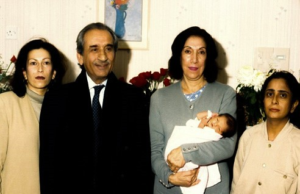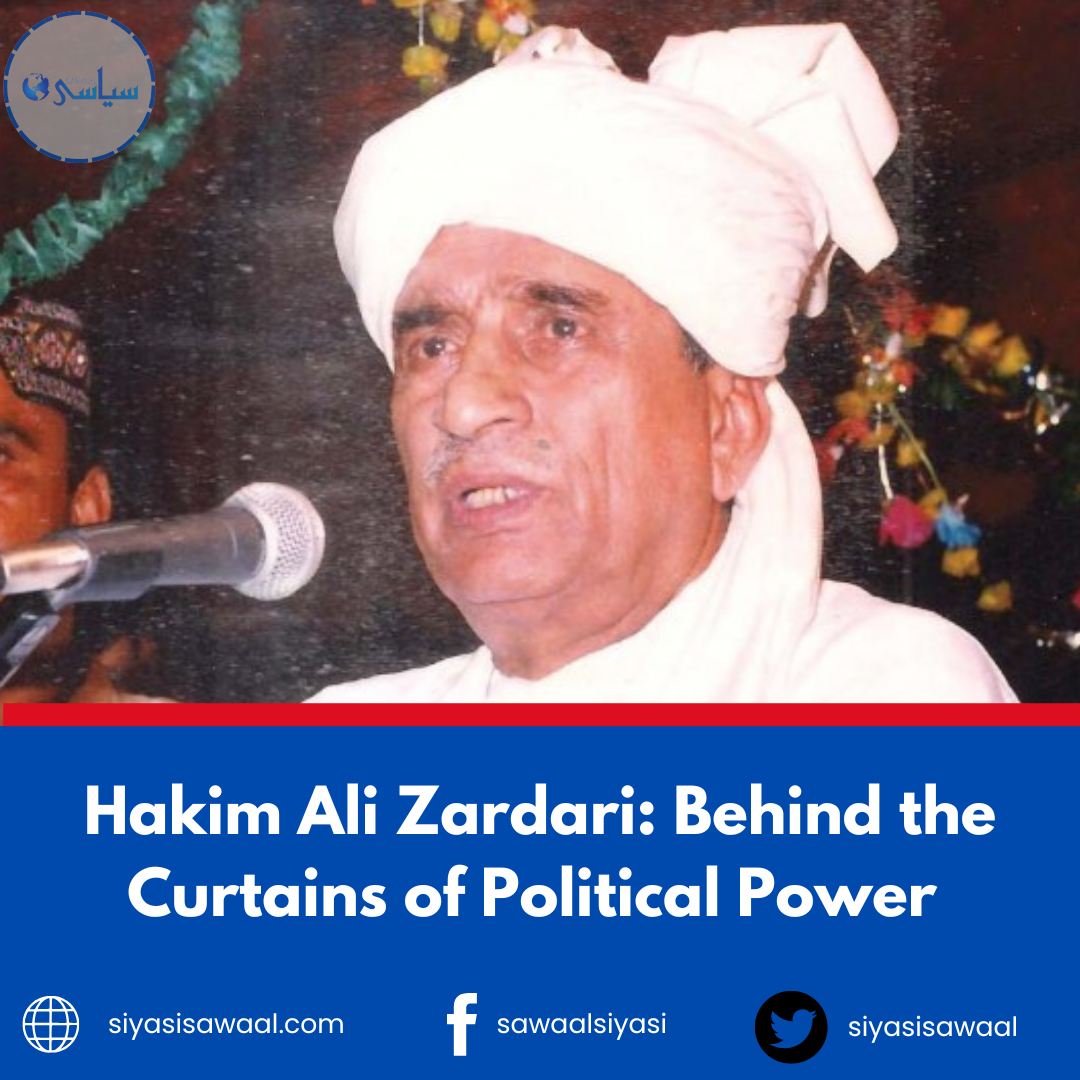Hakim Ali Zardari was born in Nawabshah, (was a part of Bombay State in British India at that time) on 9 December 1930.
Early Life and Business Beginnings
He had both wealth and influence from very early years of life. But instead of toeing convention, Zardari entered the entertainment business as the first big start-up. He migrated to Karachi in the 1950s, where he initiated his business related to cinema. Zardari initiated taking over some of the most famous cinemas of Karachi, namely Bambino and Scala he was also a film distributor. This was a successful career path in the world of entertainment, but one which pitted him immediately against the political world of power.
Political Rise and Alliances

Zardari political career first began with an election to the Nawabshah District Council back in 1965. He was also a founding member of the Pakistan Peoples Party (known as PPP) led by Zulfikar Ali Bhutto, and association with this party was essential in bringing Zardari into serious political life. He stucked loyal to the PPP through all those political ups and downs. Loyalty to the party most significantly Benazir Bhutto would hallmark much of his political life.
Controversy
Association with the PPP brought power as much as notoriety, especially when Benazir Bhutto was at the helm of affairs. During the first Benazir government in the 1980s, Zardari headed the Public Accounts Committee. However, corruption and nepotism heaped accusations on him, two rays of blot that did not let his leadership shine through proper administration.
Legal Battles
One of the big scandals he was involved with was a luxury hotel and golf course project in Islamabad. The land for this project, whose value ranges between $15 million and $30 million, was allotted at an exceedingly low price. It raised allegations of corruption and abuse of authority. This issue alone had kept on marring the image of Zardari and followed him like a shadow throughout his life.
Personal Life and Family Legacy
His personal life was not that easy as well. It was all about a contribution from his wives and children to political activity. He had married twice: first to Bilquis Sultana, with whom he had four children: later on Asif Ali Zardari (11th President of Pakistan) Fouzia Abbasi, Azra Peechoho, and Faryal Talpur. Hakim’s second wife, Zareen Ara Bukhari, was the first female Pakistani to obtain a PhD in English Literature from Cambridge University. The two had no offspring.
Political legacy continued through his son Asif. Who lead the PPP in consequence of the tragic assassination of Benazir Bhutto in 2007 and also became the 11th President of Pakistan. His rise to power was adequate testimony that the Zardari family throughout is a politically powerful family.
Final Years and Death
Hakim Ali Zardari remained in critical health during the last years of his life. In 2011, he was taken to the Pakistan Institute of Medical Sciences with total organ failure. The country would continue hearing Zardari’s name due to his son rising in politics. Hakim Ali Zardari passed away on May 24, 2011, at the age of 81.
Legacy and Reflection
Equally, his life was tainted by strings of accusations of corruption and mismanagement that have consistently defined the public perception about him. But to so many individuals, he was the man who needed to go through all the hurdles and the court proceedings but remained relevant in politics up until the moment of his death.
Above all, Hakim Ali Zardari’s life and political career were instructive about the character of Pakistani politics, the manner in which money and influence combine to have an effect on political power, and the twists and turns involved in balancing a calling in both business and government.

Bro, you put all needed information in one place
Bro, you just gave me what i was looking for